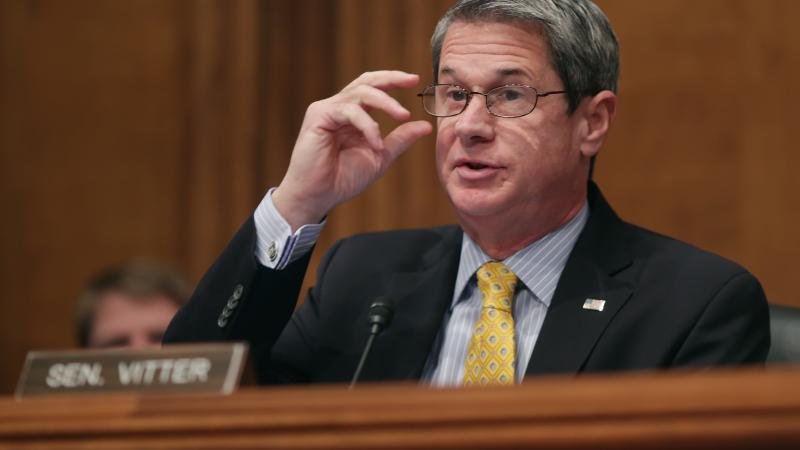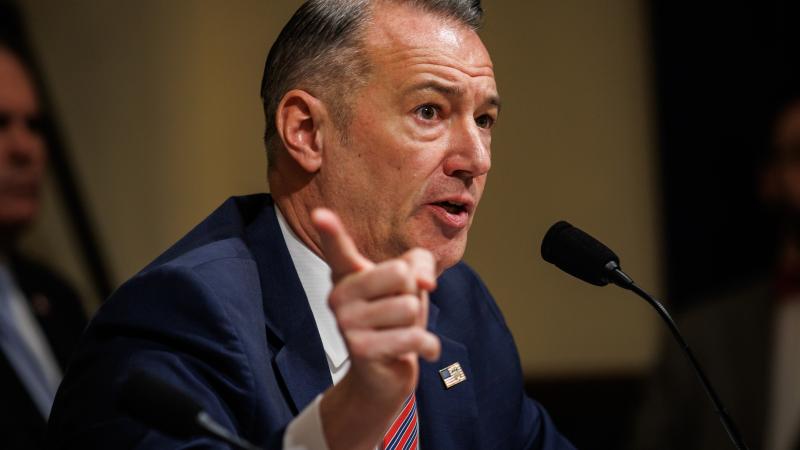New York City comptroller probes city's response to flooding
Mayor Eric Adams defended city's response to the flooding and credited the "tireless, work and swift response" from city workers.
New York City's top bean counter is launching a probe into the city's response to floods that inundated subways, homes and businesses two weeks ago, causing millions of dollars in damages.
New York City Comptroller Brad Lander said the investigation, which got underway last week, will evaluate how the city responded to Tropical Storm Ophelia and whether it has implemented climate change resilience policies and protocols that were put in place after previous storms like Hurricane Ida and Superstorm Sandy.
"To ensure the city can respond as effectively as possible to keep New Yorkers safe from increasingly strong and frequent storms, we must make sure we’re implementing the plans we’ve made, and doing everything we reasonably can to accelerate action," the Democrat said in a statement.
In a statement, New York City Mayor Eric Adams defended the city's response to the flooding and credited the "tireless, work and swift response" from thousands of city workers.
He said the response "ensured that we did not have a single reported death or serious injury. We were able to quickly rescue 18 New Yorkers from cars and basement apartments."
"But there is always more work to do to ensure the safety of our city’s residents," Adams, a Democrat, said. "We look forward to working with the comptroller on a fair, thorough, and balanced review to ensure our city is equipped as these storms become increasingly frequent and severe."
Following Hurricane Ida in 2021, New York City officials pushed through a plan to deal with the wide-ranging threats of climate change, from flooding to extreme heat.
In 2022, the Adams administration issued a report, Rainfall Ready, outlining actions for the city to address intense storms and key safety precautions. The city received $188 million from the U.S. Department of Housing and Urban Development to implement the action plan for long-term Hurricane Ida recovery efforts.
Lander said his investigation will gauge whether the city has made good on those commitments and if long-term initiatives, such as capital infrastructure improvements, are on track and weigh recommendations for additional upgrades.
"Before the next extreme weather event, we must ensure our City has effectively adopted all of the lessons we learned from recent storms," Louise Yeung, Lander's office's chief climate officer, said in a statement. "These types of rainstorms are only becoming more frequent – and our efforts to prepare must escalate accordingly."
The late September storms laid bare New York City's lack of preparedness, with rainfall of up to 2.5 inches per hour in some hardest-hit locations. Roads were closed, cars became submerged under water and buses stalled amid flash flooding. MTA subways and rail lines were suspended or severely delayed, stranding many commuters.
Earlier this month, New York State Comptroller Tom DiNapoli issued a report in response to the storms, claiming that the Metropolitan Transportation Authority hasn't done enough to harden its infrastructure against the impacts of climate change.















